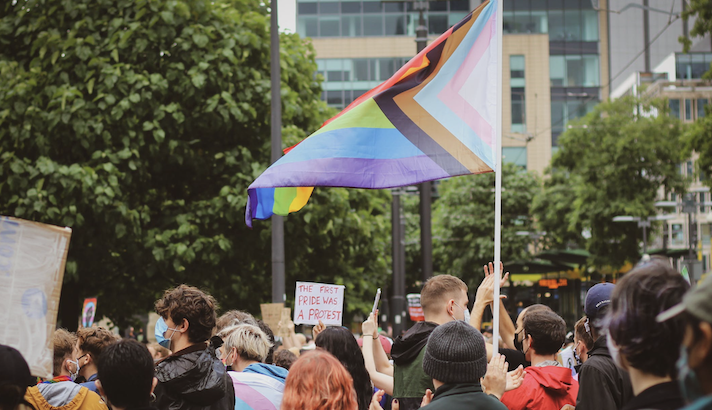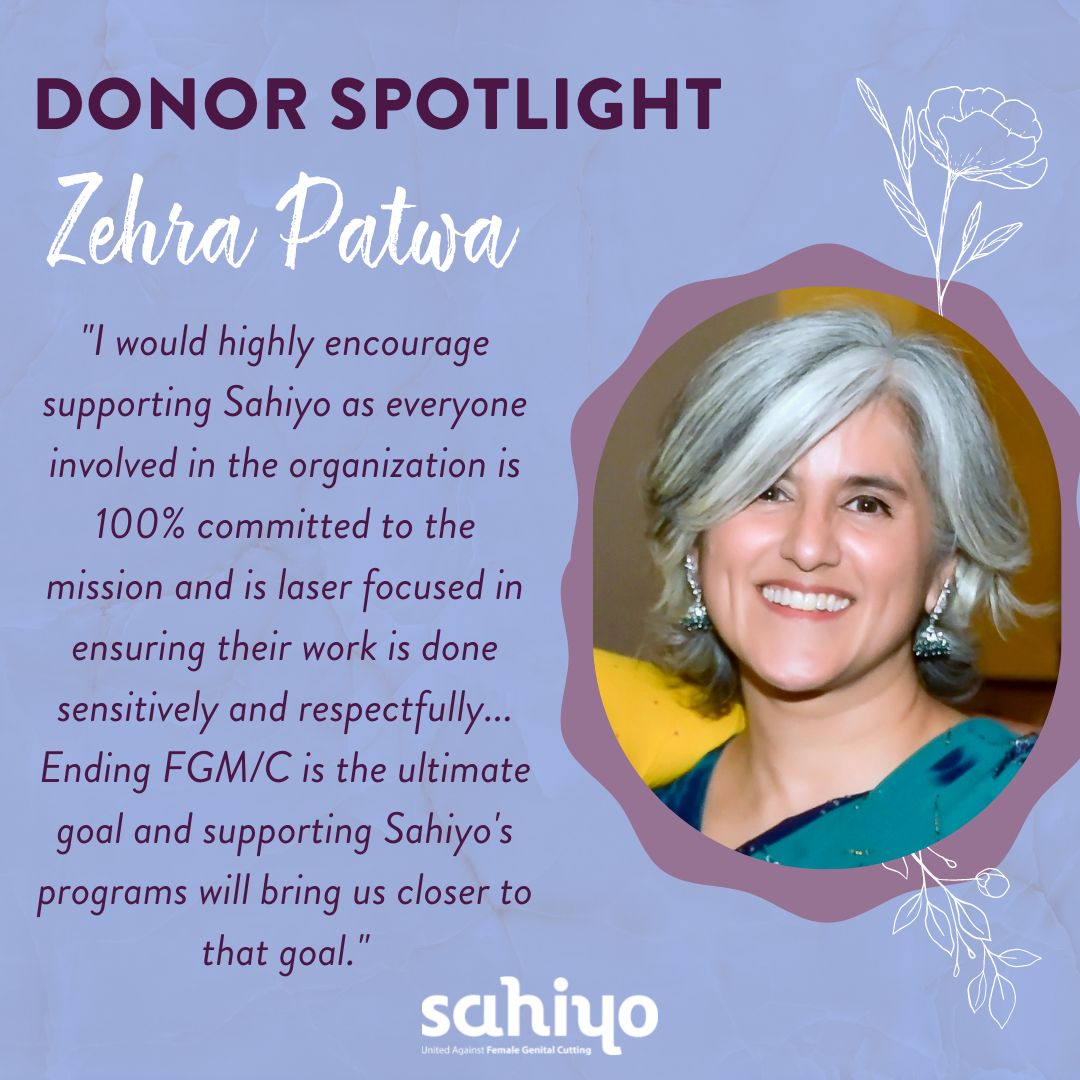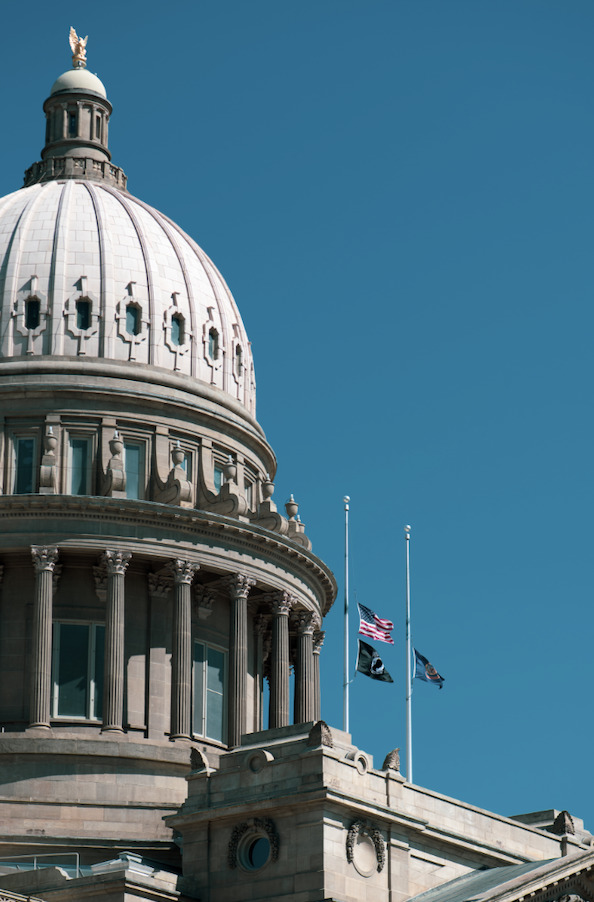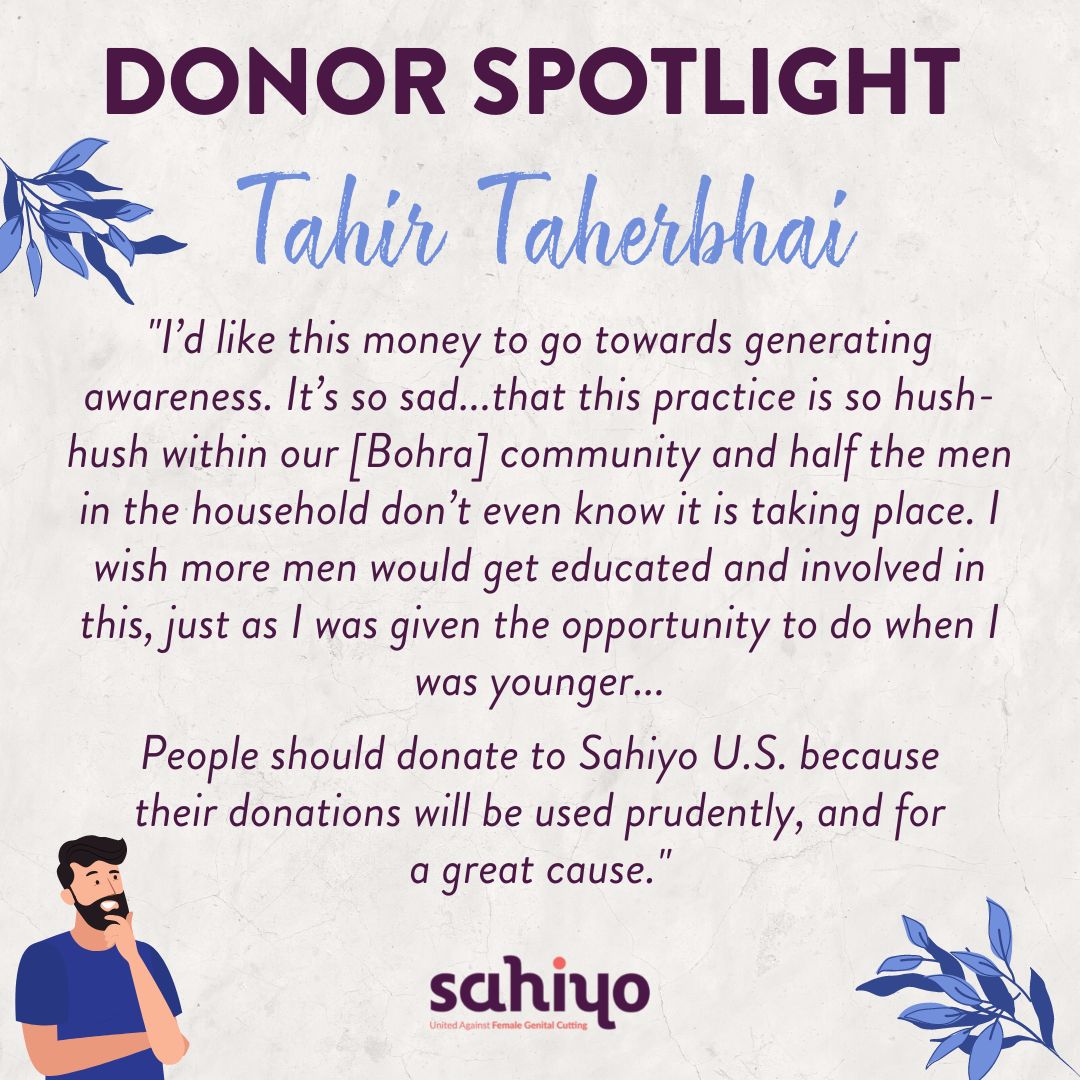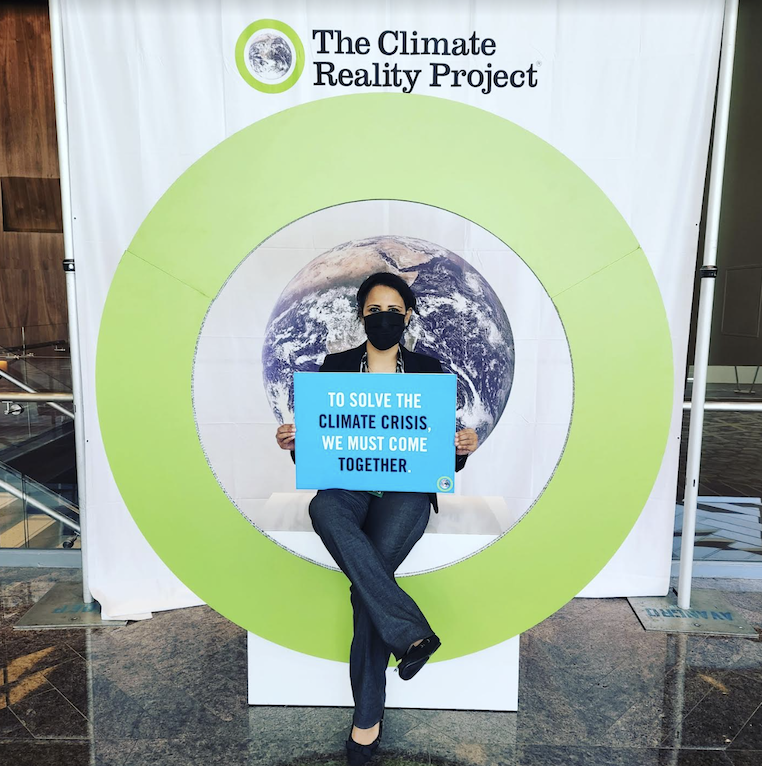Texas and Idaho are two states in which female genital cutting (FGC) is illegal under state law, for now. In both states, amendments have been proposed in the state legislature that would alter existing policy against FGC to ban gender-affirming care for minors. Gender-affirming care includes social, psychological, behavioral, and medical practices which affirm the gender identity for individuals whose gender does not match the one they were assigned at birth. These amendments are dangerous for transgender youth as well as children who are at risk for or have undergone FGC.
These legislative revisions attempt to conflate FGC and gender-affirming treatments, so it is critical to understand the difference between the two. Gender-affirming care, including social interventions, pubertal suppression, hormone therapy, and gender-affirming surgeries, has been shown to decrease rates of depression, improve psychosocial functioning, and have minimal long-term side effects for transgender individuals.
|
Gender-Affirming Care |
Female Genital Cutting |
|
|
Definition |
Social interventions, pubertal suppression, hormone therapy, and gender-affirming surgeries which affirm the gender identity of individuals whose gender does not match the one they were assigned at birth. |
The practice of partial or total removal of the external female genitalia, or other injury to the female genital organs for non-medical reasons. |
|
Temporality |
Health professionals consider pubertal suppression and hormone therapy to be reversible. Gender surgery is permanent, but research has shown that regrets about having this procedure are very rare. |
FGC causes irreversible, lifelong physical and psychological harms. |
|
Mental Health Outcomes |
Gender-affirming care leads to decreased rates of depression, improvement in psychosocial functioning, and minimal long-term side effects. |
FGC often leads to harmful psychological outcomes, including PTSD, anxiety, and depression. |
|
Bodily Autonomy |
Medical care for transgender people is their choice as part of their right to bodily autonomy. |
Minors are often forced to undergo FGC. Consent to undergo FGC cannot be freely given due to societal pressure. |
To learn more about the differences between gender-affirming treatments and FGC, read here.
According to Equality Texas, 76 anti-LGBTQ+ bills were filed in the last legislative session and special sessions in Texas, of which only 20 moved forward and one passed. These legislative failures have led Texas lawmakers to take up a more creative and dangerous approach to get what they want. Bill SB249 amends the state’s Health and Safety code, which has made FGC illegal in Texas since 2017. This legislation is concerning because “Female Genital Mutilation” would be entirely removed from the law, leaving only the term “Genital Mutilation.” Failing to specifically prohibit FGC weakens protections for children who are at risk of undergoing the practice.
The amendment adds a list of surgeries that would be prohibited, some of which fall under the WHO classification of FGC, while others are gender-affirming surgeries – thereby wrongfully conflating the two. In addition to removing access to life-saving care for transgender youth, this section is troubling because FGC is not always performed as a surgery. Rather, FGC is often done outside of a medical setting. Bill SB249 puts children at risk of undergoing FGC into a more vulnerable position.
Unfortunately, Texas’s state legislature is not alone in pursuing this dangerous action. In Idaho, HB71 has already passed the house and will now be reviewed by state senators. Once again, the term “Female Genital Mutilation” is erased from the law. The language is amended to only refer to practices performed by medical practitioners. However, we know FGC often operates outside of the healthcare system entirely, so this amendment could limit avenues of prosecution against FGC practices. Furthermore, the maximum sentence for breaking the law against FGC is currently life, but this amendment would change the maximum sentence to 10 years, further removing protections for children at risk of undergoing FGC.
Where the Texas bill bans gender-affirming surgeries, the Idaho bill goes a step further. Even puberty-blocking medication and hormone therapy would be banned under Idaho’s amendment. Pubertal suppression is a method of delaying puberty, and hormonal therapy causes secondary sex characteristic development that aligns with one’s gender. Both are reversible and associated with better mental health outcomes for transgender youth. Banning these life-saving treatments has no basis in the movement to end FGC.
If you are an Idaho or Texas resident, please consider contacting your state legislators to let them know you do not support these bills.

